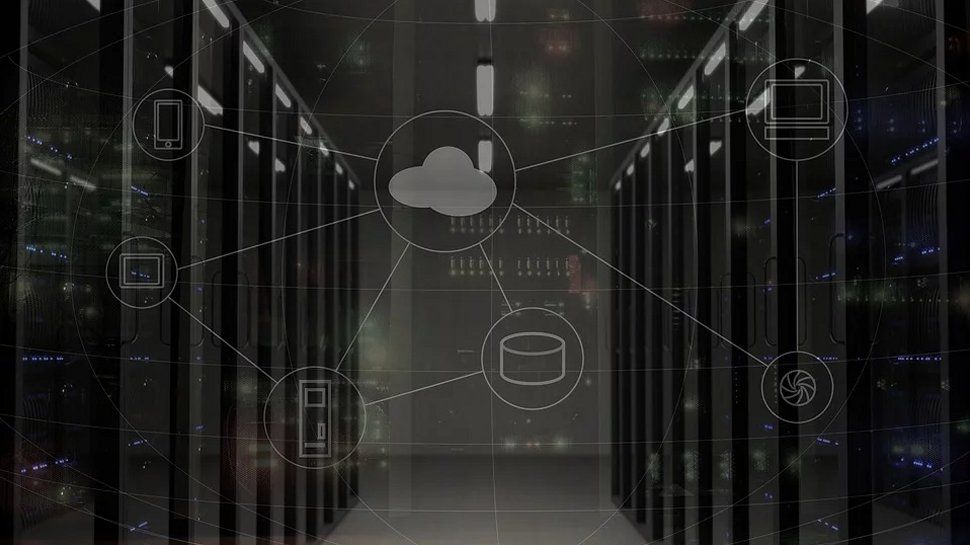
Lessons we can learn about data backup from “The Tiger King”
If you’ve not watched it, you’ll definitely have heard about it. Netflix’s latest true crime documentary, “The Tiger King” has taken the Internet by a storm. Watched by more than 34 million people in the first ten days of its release, the story of the flamboyant self-proclaimed “Tiger King,” Joe Exotic, has fascinated many. Spoiler alert coming up: In one of the key moments of the series, viewers are shocked to find that a mysterious arsonist, rumored to have been Joe himself, has set fire to Joe’s makeshift film studio, burning down hours-worth of video material filmed by self-producer, Nick Kirkham.
To make matters worse, it appears that this months’ worth of video footage had not been saved anywhere else, and – is lost forever. For those of us sitting on an overflow of data right now, not wanting to experience the same pain Nick Kirkham did that day, this episode serves as a great reminder about the importance of offsite cloud backups for individuals and businesses alike. Indeed, who knows what would have happened to the “Tiger King” today, if only Nick had stored all of his precious recordings (and evidence) in the cloud?
Whilst it may seem hard to get raw footage saved in two separate locations – one of the many reasons people neglect proper backup protocols – let’s remember that technology exists to make this much easier. We all need a data management approach that protects business data, consumer data, and all its valuable insights. Shared IT infrastructure in the cloud offers something for businesses of all shapes and sizes. What’s more, this doesn’t just have to be a “nice to have”, because with cloud protection, businesses have the hassle free reassurance that their data is protected and backed up – without the headache, time and money that doing it manually might cost them.
Lessons Learned
Firstly, let’s cut everyone some slack to begin with. Managing data is incredibly complex. With the rapid adoptions of IoT devices, and increased remote working, data needs to be backed up in more places than ever before. The data landscape is rapidly evolving, and we need to keep track of that.
This evolution has given rise to the idea of “small data sprawl” – that there is now data being created and stored in more places than ever before, and the necessity of systems that can help humans distinguish the important data from the noise, so each can be treated differently. With the rise of remote working – and small data sprawl on the rise – businesses need to adapt now to ensure that this data is protected – and secure – or risk feeling like Nick, and losing it all.
The technologies Nick Kirkham wishes he’d known about
There are simple steps businesses can follow to protect their data. For starters, you can try adopting a cloud-centric protection solution. Today’s modern applications that your company might already be using (like Slack, Microsoft 365, Salesforce) rely on cloud components and cloud storage, meaning a cloud-centric backup solution is ideal for protecting the application in its entirety.
Many cloud providers operate in multiple regions, making it much easier to comply with local regulations. In addition, cloud flexibility has the added bonus of running operations including: recreating environments from a point in time for AI reproduction or disaster recovery (DRaaS), and identifying strange patterns cropping up in the backup data to detect potential risk of cyber-attacks.
Secondly, businesses need to consider adopting SaaS (Software as a Service) tools to support the improvement of data protection. A lot of people avoid backup solutions because they think they’re a waste of time. “I don’t have the time to do it all myself” – is a common phrase we hear. But, the point is, businesses shouldn’t be doing this manually. It’s a waste of time, and energy. This is where SaaS providers can really add value to businesses in setting up a centralized process around cloud, compliance and regulations.
Relying on SaaS solutions like this means that businesses can utilize SaaS experts in the know, who can support them in efficiently managing data, as well as ensuring its protection and security from cyber criminals, technical damage – or indeed an accident like at the zoo. Privacy and security will remain crucial in backing up as small data sprawl grows. Companies are at a greater risk than they used to be of cyber-attacks, simply because there is more data available – and across more devices. SaaS tools are vital in automating several otherwise complex processes, freeing up the hands of both the business and employees – to focus on more value added and time-consuming tasks.
Using “The Tiger King’s” unsolved data-loss mystery as an example of what not to do, may seem a slightly far-fetched, but it remains indicative of the ways disruptions like this can quickly affect businesses. Indeed, while your data may not catch fire quite as literally as Nick Kirkham’s did, there are numerous threats such as cyber-attacks or the need for a quick transition to remote working, which can prove very disruptive to businesses. With that in mind, vote for offsite (cloud-based) data backup this year, not Joe Exotic.
